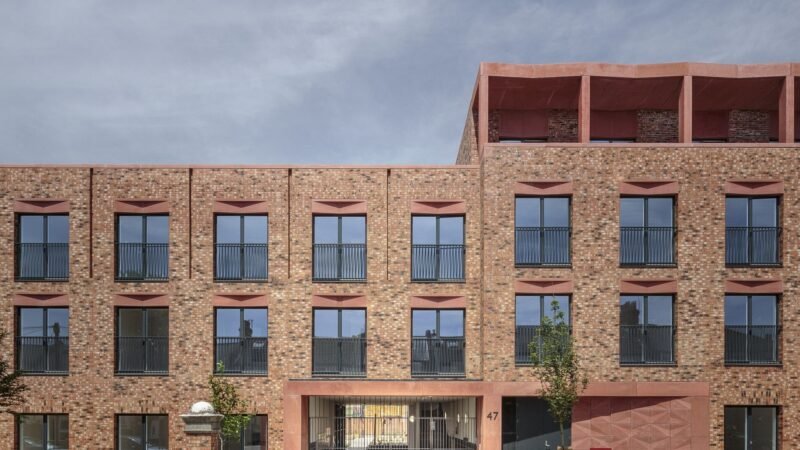Why Aren’t We Embracing The Cosmopolitan Tribe?
Catering to the rising audience of ‘digital nomads’ and ‘global citizens’, co-living platforms are progressively present across cities such as New York, London, and Amsterdam. These world-class cities are increasingly interconnected, and interchangeable — meaning that wherever these citizens of the world decide to travel already feels like home.
While this new cultural paradigm is seen as transcending all conglomerations of all there is to possibly transcend, this demographic is unable to unite themselves as the cosmopolitan tribe the media and markets perceive them to be. Contentious in its own, this rising group is notable for their privileged values and worldviews. Tending to express their worldliness by picking and choosing from the best a culture has to offer. Eager to jump at the opportunity to connect with one another and share unique experiences, the paradox here lies with wide-spread loneliness as one of primary features within this modern lifestyle.
This feeling is particularly prominent in industries such as the startup community where everyone is competing for resources and afraid of someone else taking their idea. This is what has made San Francisco such a hub for co-living platforms. Young entrepreneurs are itching to be surrounded by like-minded people who understand what they are going through, rather than living alone.
A Place to Call Home For Copenhagen’s Brightest Entrepreneurs
For all of those who think of co-living as a depressing reflection of the housing market and just dorm-room-living for adults, Nest clearly shows that this idea is much more developed and grown-up. The 21-bed apartment complex located in downtown Copenhagen is home to some of the city’s most promising entrepreneurs. The average resident has over 7 years of experience, and collectively Nesters have founded a total of 72 startups. While residents do not have to have necessarily started their own business, all need to be quite high-level in terms of their experience, and must be working within the startup industry.


Rooms in Nest are unfurnished, allowing residents to decorate them however suits their needs
Nest has been running for almost three years now, and some of its current residents have been there since day one. The environment is very community-oriented and requires residents to participate in its regular traditions and events, including weekly dinners. “If you don’t add value, you don’t receive value,” says resident and Chairman Analisa Winther. Winther herself resonates with the plenty of others her age feeling increasingly lonely in our modern world. She strongly believes that a tribe mentality can help make the switch into feeling part of a true community.
“I started to wonder: why am I so happy!? I realized that it was because I have three different tribes that I’ve become a part of and these make me happy on a daily basis. These tribes are my family of the moment.”

Kitchens and living spaces in Nest are shared between 4-6 others
The three communities of which Winther is referring to are her workplace, her home (Nest), and an active online community of which she is a part of. She reflects that it is their shared values which make them successful at creating a sense of community: Care, Dare, and Share. Care for each other, Dare to engage, and Share among one another. It’s this very attitude that is lacking from the global citizen community as a whole, and people’s individual mindset is inhibiting them from harnessing a greater collective power.

The power of Nest lies within their distinct demographic. Requiring their candidates to have a high-level knowledge set is what makes their home such an inspiring place to be. “When you have smart people living together: good things happen!” The community has found that their size has been perfect for always being able to facilitate new engagement with people, while also getting to know some folks pretty well. Not only has this been socially valuable for the house’s residents, but over 56% of people living there have ended up working together on startup projects, “there’s no way you can leave Nest without having something good happen to you!” says Winther.
Embracing cosmopolitan tribes just may be the key to combating modern loneliness after all…
This article is a part of our series on micro-metropolitan living concepts around the world. We have recently received a grant from the Dutch Creative Industries Fund to explore this trend further and will be sharing our findings via Pop-Up City throughout the upcoming months.



